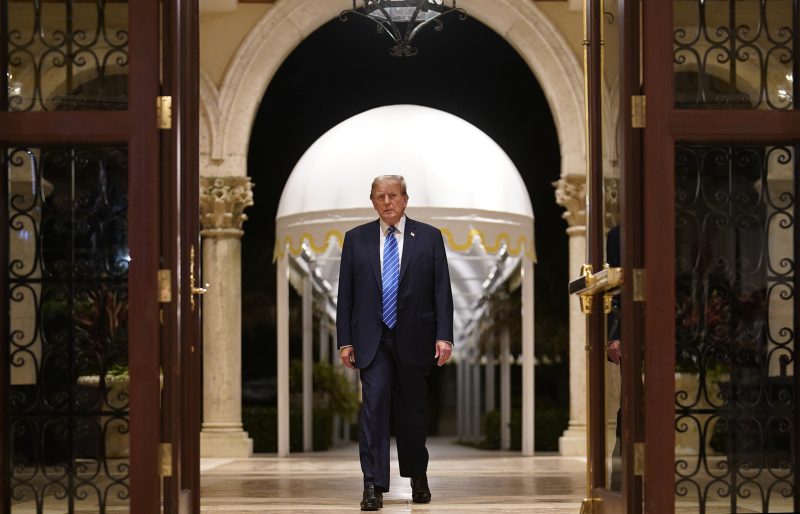The recent revelation that President Donald Trump relies on a doctor who is a member of his golf club to vouch for his health has raised eyebrows and concerns among the public. Dr. Harold N. Bornstein, a gastroenterologist, has been Trump’s physician for several decades and has notably provided a glowing assessment of the president’s health during the 2016 presidential campaign.
Bornstein’s unconventional role as Trump’s physician has drawn criticism from medical professionals and experts who question the ethical implications of the arrangement. Traditionally, medical ethics dictate that a physician should maintain a professional distance from their patient to ensure objectivity and impartiality in their assessments. By being a member of Trump’s golf club, Bornstein’s independence and credibility as a medical professional may be called into question.
Moreover, the reliance on a gastroenterologist to provide a comprehensive evaluation of Trump’s overall health has further raised doubts about the validity of the assessment. While Bornstein has attested to Trump’s excellent health and genetics, the public remains skeptical, especially given Trump’s age and lifestyle choices.
The close relationship between Trump and Bornstein also brings to light the influence of personal connections in matters of public interest, such as the health of the president. Critics argue that Trump’s choice of physician reflects a pattern of prioritizing loyalty and personal relationships over qualifications and expertise. This has implications not only for Trump’s health evaluations but also for the public’s perception of the transparency and integrity of the administration.
The situation with Trump and Dr. Bornstein underscores the importance of maintaining professional boundaries in healthcare and medical assessments, particularly when it involves public figures and leaders. The public has a right to expect that medical evaluations of their elected officials are conducted with the highest standards of ethics and professionalism, free from biases or conflicts of interest.
Moving forward, it is essential for Trump and other public figures to ensure that their healthcare providers are selected based on professional competence and adherence to ethical standards. By doing so, they can enhance transparency, credibility, and public trust in the integrity of their health assessments. Additionally, healthcare professionals must uphold the principles of their profession and prioritize the well-being of their patients above personal relationships or affiliations.
Ultimately, the reliance on a doctor who is a member of his golf club to vouch for his health reflects broader issues of transparency, accountability, and ethical standards in the realm of public health assessments. As the public continues to scrutinize the health of its leaders, it is crucial that medical professionals and public officials alike uphold the highest standards of integrity and professionalism to ensure the public’s well-being and trust.
